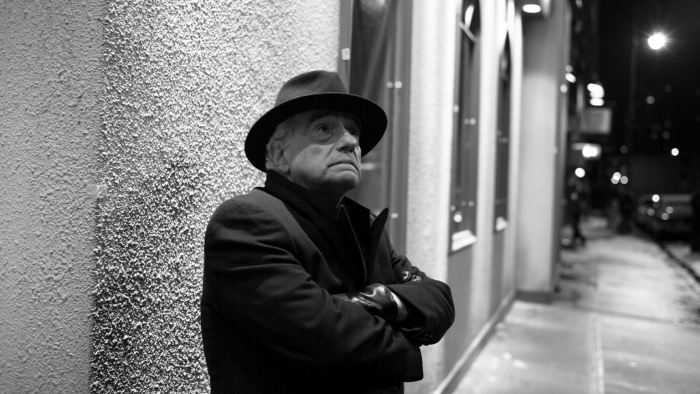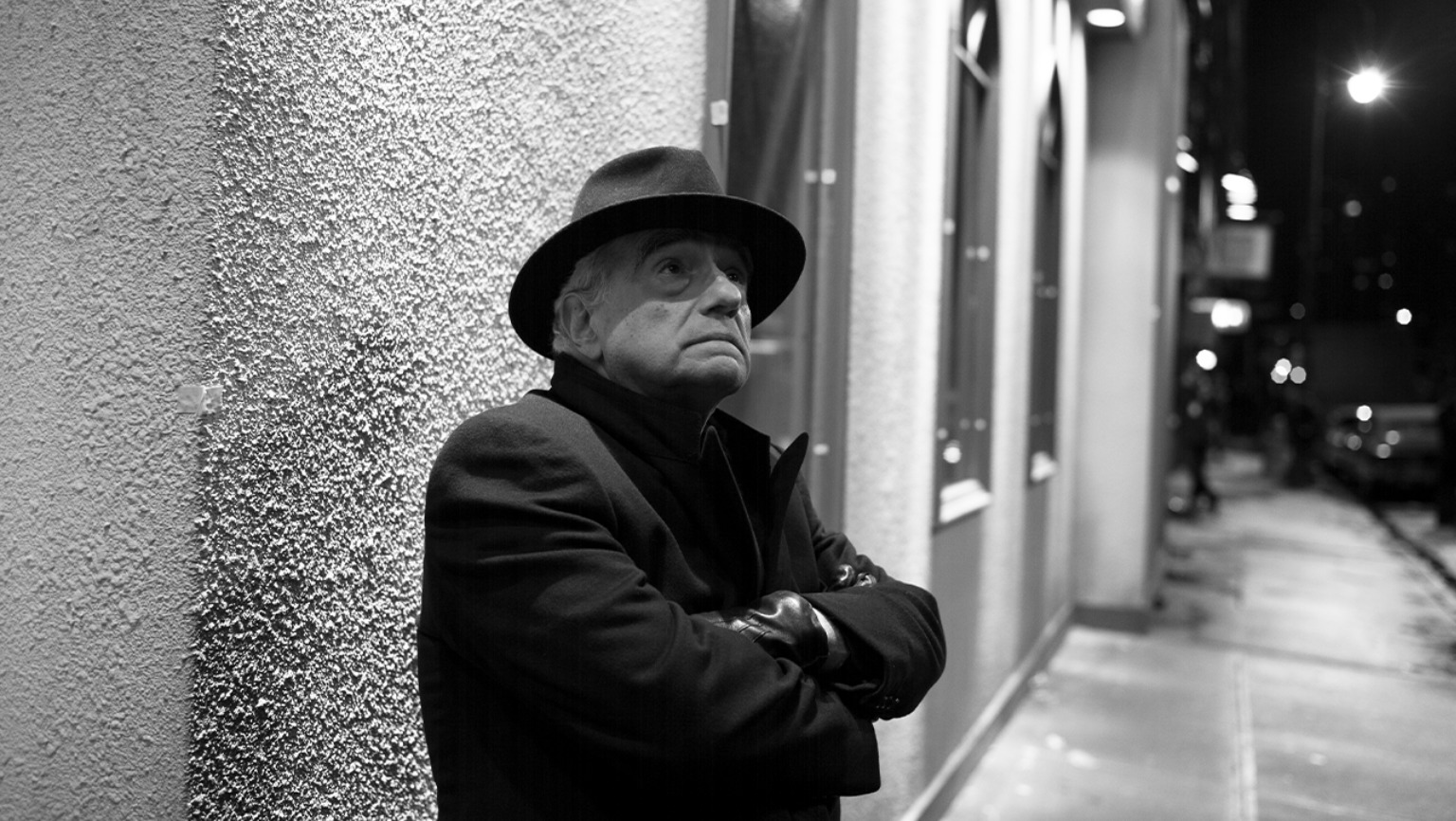
When award-winning filmmaker Rebecca Miller began work on “Mr. Scorsese,” her new five-part Apple TV+ documentary about Martin Scorsese, she wanted, in her words, to make a portrait of a talented yet deeply complicated artist.
“A portrait implies a portraitist,” the 63-year-old filmmaker, novelist and director told The Christian Post. “Someone who’s making the portrait and admitting there’s a point of view. It’s not absolute. It’s how I see him, and it implies intimacy.”
That intimacy defines “Mr. Scorsese,” which takes a deep dive into the life, career and spiritual journey of one of cinema’s most enduring cinematic artists.
Miller, the daughter of a Pulitzer Prize-winning playwright and best known for “Maggie’s Plan” and “Personal Velocity,” sat with Scorsese for long, sprawling conversations that sometimes stretched five hours.
With access to his archives and collaborators, including Robert De Niro, Leonardo DiCaprio, Daniel Day-Lewis and editor Thelma Schoonmaker, Miller creates a captivating portrait of a seeker whose life and art have wrestled with sin, violence, faith, salvation and grace.
Few filmmakers have so vividly charted what Miller — who watched all of Scorsese’s films “several times over” to create the series — calls “the map of the human soul.” Scorsese’s worlds, “Taxi Driver,” “Mean Streets,” “Raging Bull,” “Goodfellas,” “The Departed,” “Silence,” highlight broken men chasing power, redemption or both.
According to Miller, that tension between darkness and grace lies at the very heart of Scorsese’s genius.
“He’s spent his career exploring sin and guilt and violence and then redemption,” she said. “There’s a line in ‘Raging Bull’ where he talks about jealousy being a sickness. And then he says, ‘It’s the loss of your soul.’ That’s the real sickness.”
Miller notes that Scorsese’s storytelling often begins in brutality but finds its way, however haltingly, toward mercy. “From a Catholic or Christian point of view, that’s the tension always in his films, the pull between sin and grace, between love and violence,” she said. “He’s charting that balance again and again.”
Scorsese’s fascination with spiritual struggle runs deep.
Raised as a sickly child in New York’s Little Italy, run at the time by four prolific mob families, the documentary traces how he was mentored by a priest, attended mass regularly and even considered entering the seminary. But the turbulence of the 1960s, and what he saw as the Church’s hypocrisy, fractured that devotion.
“He talks about going to church during the Vietnam War,” Miller recalled. “The priest said it was a ‘holy war.’ He left and didn’t go back for years because it disgusted him. But at the same time, the essence of the Church, and his relationship on a deeper level to Jesus, never left him. Beneath the skin of the Church, as he might put it, was what Christianity really is.”
That inner dialogue would resurface decades later in “The Last Temptation of Christ” (1988), a film that ignited global controversy for its human portrayal of Jesus that many branded blasphemous.
“That film came from his deep personal need to get to know Jesus better,” Miller said. “To think about what it means to be both God and man at the same time. What an amazing phenomenon.”
“It would have been easy to make a film like that that nobody noticed,” she added. “But somehow, it drove everybody crazy. His films often do that, what’s personal to him becomes public, even explosive.”
Miller said her entry point into Scorsese’s story was her interest in the coexistence of faith and violence, beauty and brutality.
“I was very interested in his spiritual journey, and how that worked with his fascination with violence,” she said. “How do those two things come together and coexist in this person? That was my way in. I was very interested in Catholicism anyway; I had my own kind of journey that I was on,” she said. “In a way, I felt like I got very close to him through these conversations.”
What she found, she says, is an artist who never stops making space for the sinner.
“He makes room for people who are deeply flawed,” Miller said. “He puts them at the center of his stories: Jake LaMotta in ‘Raging Bull,’ Travis Bickle in ‘Taxi Driver,’ people you wouldn’t necessarily like or admire. But that in itself is quite Christlike. It’s a way of saying: redemption is possible, even here.”
“Mr. Scorsese” doesn’t shy away from the filmmaker’s darker chapters, his battles with addiction, depression and failed marriages. But it also captures his quiet evolution into a man of faith and family, including scenes of him caring for his wife, Helen Morris, who has battled Parkinson’s since her 30s. In another scene, Scorsese’s youngest daughter, Francesca, remembers her father reading the Bible to her at bedtime.
“Audiences might be surprised by those moments,” Miller said. “But they reveal who he is off camera. In his neighborhood growing up, the church was on one side of the street and the mafia was on the other. That dichotomy, holiness and violence, ritual and crime, became the world he had to navigate. And in his work, he’s always been trying to reconcile those forces.”
“Mr. Scorsese” highlights the idea that the filmmaker, now 82, views art itself as a spiritual vocation. Throughout the film, several of his collaborators talk about that sense of calling and how, for Scorsese, creativity is inseparable from belief.
“Leo [DiCaprio] said it’s almost like a vocation,” Miller said. “Marty gets paid, of course, but that’s not why he does it. He has a sense that if you’re given a gift, you have to enrich it, you have to fulfill it. That’s your obligation.”
“He talks about how art and religion are deeply connected,” Miller said. “For him, filmmaking is an act of devotion. There’s a sense that he’s powerless to resist this love he has for cinema — it’s what he must do. It’s his gift from God.”
According to Miller, Scorsese, who recently directed a Fox docudrama about the lives of revered saints, from Joan of Arc to John the Baptist, understands truth itself to be spiritual.
“For him, truth is almost sacred,” she said. “And when you tell the truth, it’s not always pretty. But he doesn’t look away. That’s how he fulfills his obligation to his gift. If that gift comes from God, then being honest, showing darkness and pain, is part of honoring it.”
That approach, she says, gives his films their moral force. “Even when the stories are filled with violence, they’re about searching for truth,” she said. “That’s why they move us. They make us face what we’d rather not see.”
“I love ‘The Last Temptation of Christ.’ I love ‘Raging Bull.’ But I also adore ‘Goodfellas’ and ‘The Wolf of Wall Street,’” she added. “Even his less celebrated films are operating at a Shakespearean level. The sheer number of masterpieces; it’s astonishing.”
After years immersed in Scorsese’s life, Miller describes him not as a man who found faith once and for all, but as one still walking the road.
“He says in the film, ‘You won’t understand your own faith until you’re dead,’” Miller recalled. “But you keep feeling around in the dark. The point is that you’re making progress.”
“On a human level, his story is about perseverance,” she added. “He came from nothing, from an outsider’s world, and he failed as often as he succeeded. But he kept going. And on a spiritual level, it’s about never stopping the search … this is about a man who never stops wrestling with his own soul.”
“Mr. Scorsese” is now streaming on Apple TV+.
News Source : https://www.christianpost.com/news/inside-mr-scorsese-cinemas-great-spiritual-seeker.html
 Your post is being uploaded. Please don't close or refresh the page.
Your post is being uploaded. Please don't close or refresh the page.





